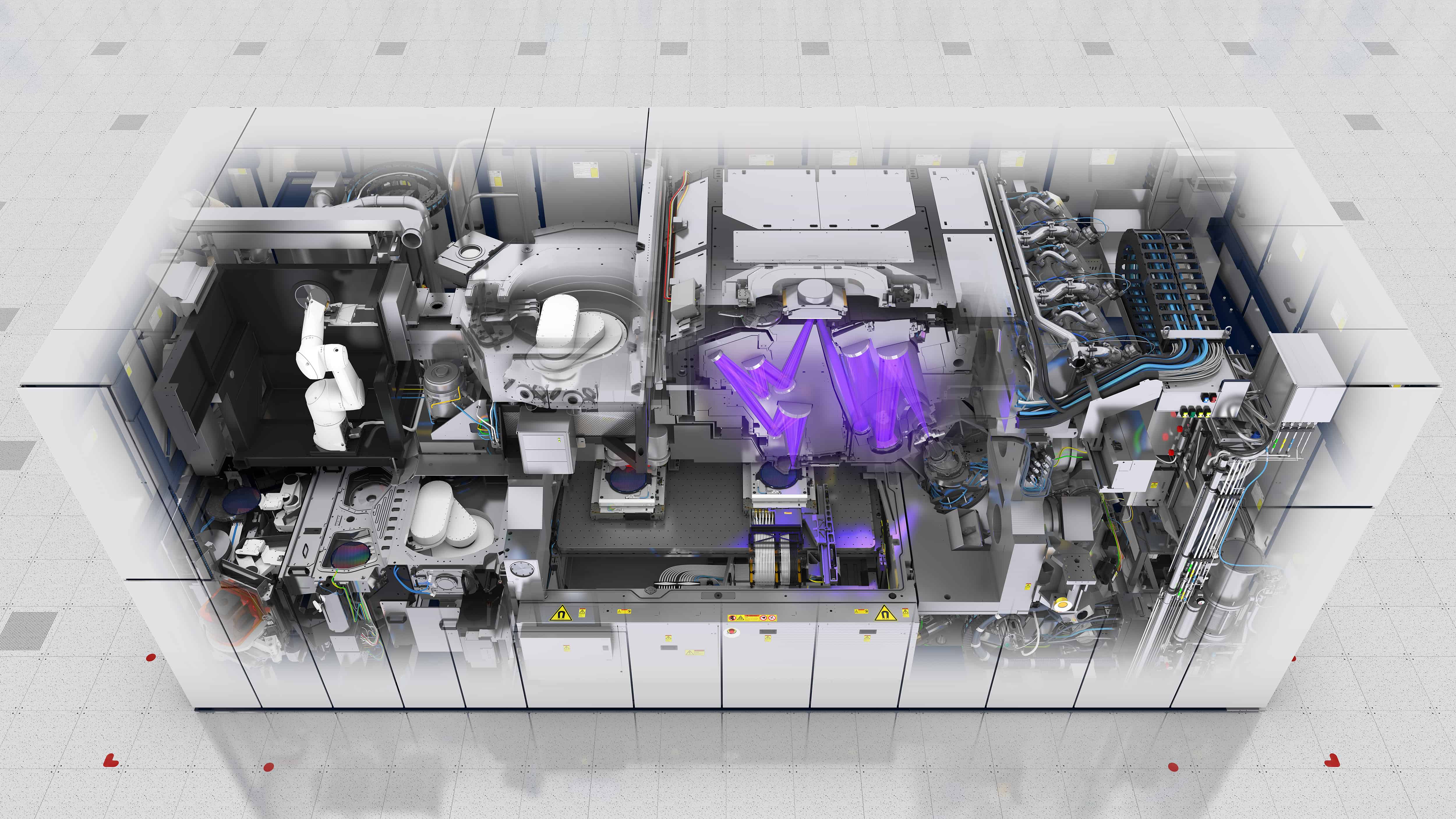
Europe is failing to translate high-quality research into key technologies for companies and economic growth, new research finds. The main reason is the fragmented European vision, with different rules for every country, that doesn’t give startups the same growth opportunities as in the United States and Singapore. US deeptech startups are growing four times faster than Dutch ones.
The research conducted by Sabine Kerssens, working for the Dutch Institute for Applied Scientific Research (TNO), underlines how European companies mainly compete with themselves. “Europe has enormous innovative power, but we must jointly use it better for our economy. Innovation only has an impact if it is applied on a large scale.”
Why this is important
The European innovation ecosystem still has much to improve to position itself on par with the United States and Singapore. What can Europe learn?
Growth phases of deeptech startups
Deeptech startups are startup companies that want to bring technological innovations to the market with a potentially major impact on social issues such as pollution and climate change. Keerssens’ research looked at the supported systems in the different growth phases in the three main European startup ecosystems and then compared them with the US, Israel, and Singapore.
Deeptech startups in France and the United Kingdom are growing at half the rate, and in the Netherlands, even four times less than in the United States. Of the European countries surveyed, France is the only country that is investing in deeptech and has seen growth after 2020 (+31%). More than 1,000 spinout companies have emerged from the academic world in the United Kingdom in recent years.
There are also positive examples in the Netherlands when it comes to the first phase of deeptech. For example, in 2021, approximately 615 million euros was publicly invested in R&D in quantum technology. However, the Netherlands’ focus remains on scientific research into deeptech rather than its commercialization. In the Netherlands, approximately 375 deeptech startups raised €100,000 euros in financing. In France, this was more than double.

Barriers to growth vs support
What is striking throughout Europe is that public initiatives actively supporting emerging deeptech technology often stop at the border. Due to often restrictive or deviating regulations in European countries, there is less access to capital, talent, and a network to bring new technology to the market. This limits the drive for commercialization and internationalization.
In the various startup growth phases (valorization, startup, and scaleup phase), entrepreneurs are better supported in various areas in countries such as Singapore, Israel, and the US. In Singapore, academics, the government and private parties also come together at an early stage to actively create companies. This is a unique proposition supported by R&D budgets of several billion. In Israel, the tasks of different Dutch government agencies have been combined into one authority, although much innovation there has been at a standstill since the war. The US dominates most of the elements that make a region entrepreneurial: access to financing, networks, and knowledge. Much support is provided, especially when scaling up startups into scaleups, as reflected in the more than 5,000 American deeptech companies that have continued to develop.
Next steps for Europe
The research shows the European solid position of top research and talent, but the European market must do better for startups. An improved business climate at every stage requires more and larger initiatives for European cooperation, for example, because Dutch entrepreneurs are unable to make sufficient use of the talent and capital that is available in Germany and France. Furthermore, not all the ingredients of good deeptech growth are yet on the table for Europe. It is still unclear how many and which lab facilities are available in Europe and to what extent they are available to entrepreneurs.








